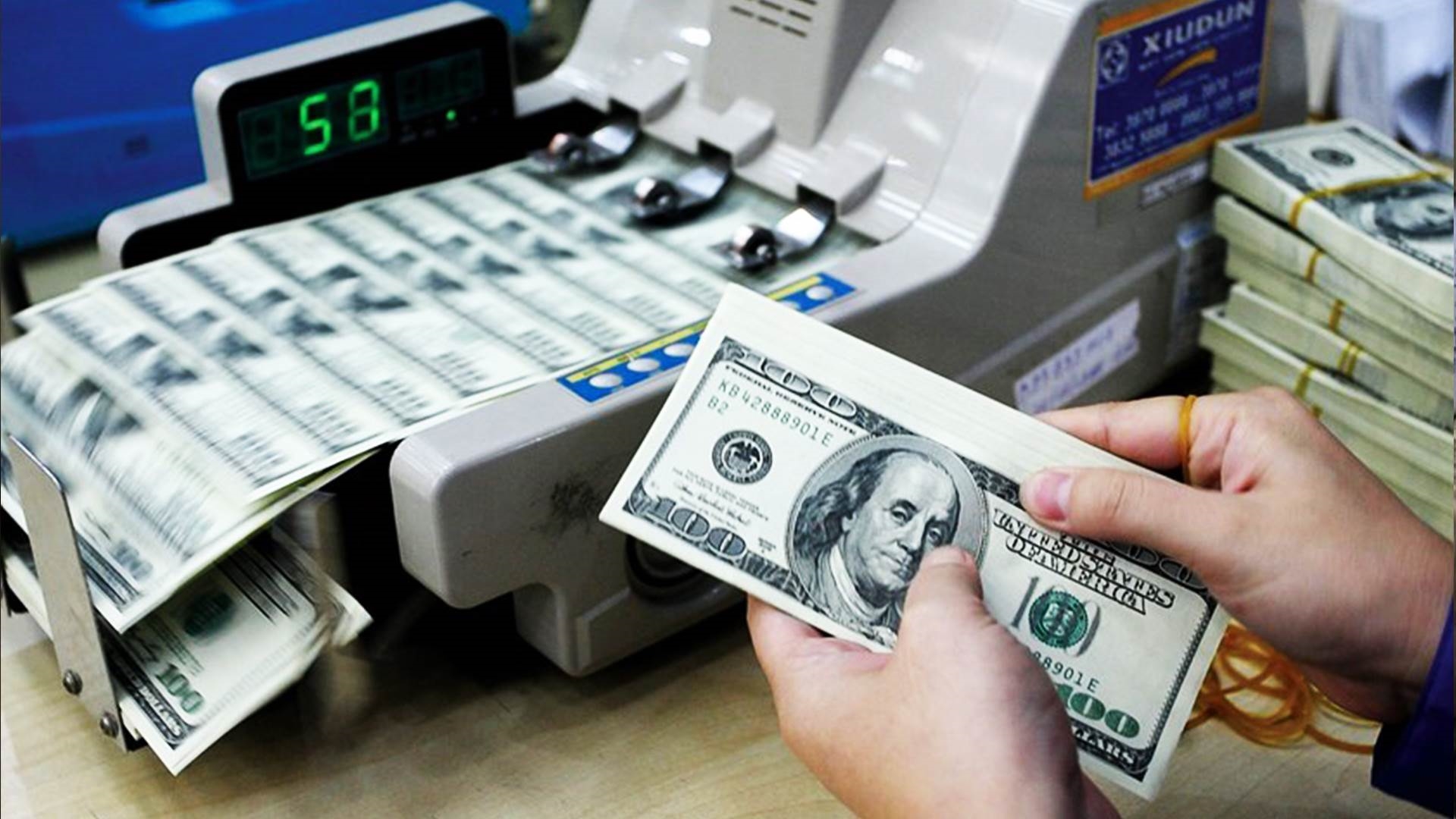Continuing to confront the Black market of the currency, A necessary step to rebalance Egypt's economy
Mai El-Kafoury

The pound exchange rate has become a term that grabs the attention of all Egyptians over the past months, common to the public on the streets, and encountered when buying any product, even if it is simple thing, after increasing the pace of free fall, widening the gap between the price on the black market and the official market to unprecedented levels.
The black market is defined as an illegal market for exchange of foreign currency outside official banking transactions. The green currency comes on top of the currencies traded outside the formal framework, the United States dollar has two prices in Egypt, one of which is formal and estimated at EGP 30.9 to the dollar since last March. The other in the black market is estimated at EGP 54 and 55 during yesterday's trade, as shown by some pages specializing in monitoring actual execution prices in the Black market.
Over the last months, the price of the dollar has experienced a significant fall in the black market and reached a record level against the pound, due to increased speculation among major manipulators under the pressure of the lack of foreign exchange supply in banks and increased demand for purchasing from importers and individuals.
This has damaged the entire Egyptian economy and increased citizens' suffering. Because of violent waves of increased commodity prices from gold to sugar to rice, vegetables, fruit, meat and dairy products, no product or even medicine was away from this crisis. This crisis has become more evident over the last week, some commodities have seen sudden rises approaching 100%. In spite of the decline in the price of the dollar in the Black market by about EGP 17, it reached around EGP 54 and EGP 55 during yesterday trading, compared to more than EGP 71 during last week's trading.
As the large price gap continues between the Black market and the official price in the bank, this will result in negative results. At the top of these results is that foreign direct investments would decline and investors would avoid entering the Egyptian market because of the currency difference that would make any investor, whether coming to work in the Egyptian market for the first time or already having an activity within Egypt, face difficulties associated with losses incurred when attempting to change their profits from pounds to dollars and having to resort to the Black market; due to non-transfer of funds by the Central Bank.
Inflation rates will also be clearly reflected in the near future, with prices rising steadily and daily as the exchange rate changes several times a day, and the absence of any intervention from the Central Bank and the Government to deal with the current situation.
It will also transfer foreign currency flows away from the official market into the Black market, including remittances from Egyptians working abroad, who account for about one third of current account flows.
This makes confronting the black market extremely important in the light of the current crisis in the country, and obliges all state agencies to exert efforts to eliminate the phenomenon of dollarization and to implement strict control measures to eliminate that crisis.
Article 233 of the Central Bank Act stipulates that a term of imprisonment of not less than three to not more than 10 years and a fine of not less than EGP 1 mn and not more than EGP 5 mn or the financial amount of the offence, whichever is larger, shall be imposed on anyone who deals in foreign exchange outside the accredited banks or the entities that are licensed to do so.
In addition, the Central Bank Act sets a penalty of not less than six months' imprisonment and not more than three years' imprisonment and/or a fine of not less than EGP 1 mn shall be imposed on anyone who violates any of the provisions of articles (214 and 215) of this Act.
Furthermore, the Central Bank Act states that a penalty of not less than three months' imprisonment and a fine not less than or not more than four times the amount of the offence or one of these two penalties shall be imposed on anyone who violates any of the provisions of article 213 of this Act.
According to the Central Bank Act, in any event, the amounts and items in question shall be seized and confiscated, if they are not seized, an additional fine equal to their value shall be imposed.








